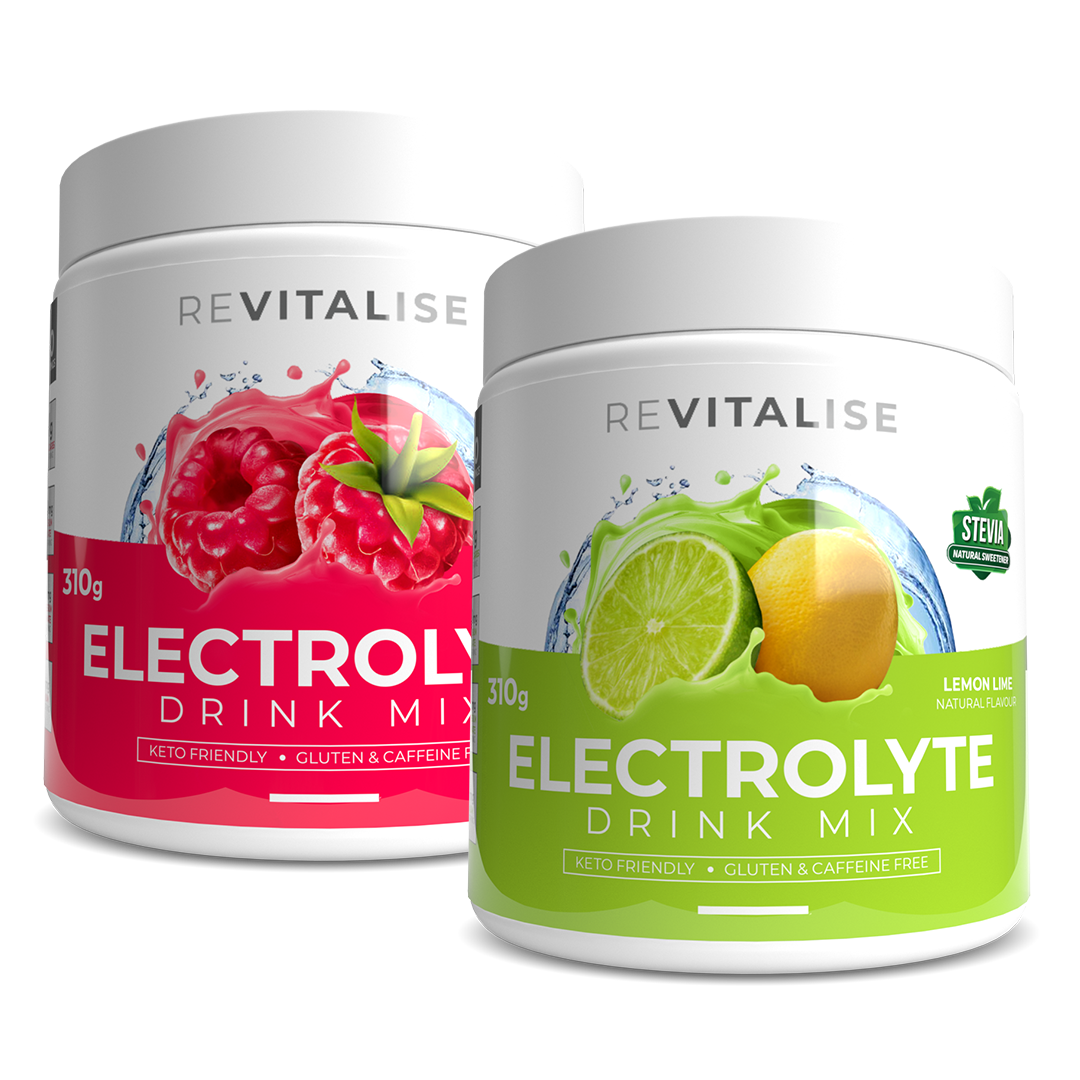Did you know that over half of your body is made up of water? So you can imagine how important it is to stay hydrated. It is vital to help support the healthy functioning of your brain, heart, lungs and bones.
There are many benefits to staying adequately hydrated, including boosting your physical performance, promoting weight loss and even boosting your mental capacity. The question asked most frequently is, "does water give you energy?".
YES!
When you are adequately hydrated, your body works optimally. There is a clear link that optimal hydration supports energy levels.

What Is Optimal Hydration?
You have probably heard that you should be drinking eight glasses of water a day; however, that's not necessarily the way you should think about hydration. The focus should be on water and electrolytes to keep minerals in your body balanced, which help keep you hydrated. While it is more common for people to be dehydrated, over-hydration can throw off your electrolyte balance.
So, what does it mean to be optimally hydrated? Optimum hydration means combining the water you drink with fibre and electrolytes to help your body absorb it.
Being optimally hydrated means that your body can eliminate toxins from your body through urination, moving your bowels, and sweating. If you are not adequately hydrated, your body reabsorbs toxins, which puts much stress on your liver and immune system. Another reason to stay adequately hydrated is that it helps your body maintain a normal body temperature, which also aids in your metabolism.
The Link Between Hydration And Energy
When you are optimally hydrated, the salts in your body and blood will be balanced, and your muscles will have enough water. This prevents muscle tiredness, and they can perform optimally. When you are not optimally hydrated, your muscles will struggle to work properly and get tired more easily.
Now looking at the heart, the most important muscle, being optimally hydrated is vital. When you are dehydrated, the body is short on electrolytes, which can cause your blood to thicken, which means the heart has to work extra hard to pump blood through your body to cells and organs. This results in fatigue and can also cause other heart problems.
Luckily, all you need to maintain your energy levels is to drink water regularly to keep the body hydrated, keep the blood flowing, and distribute energy-fuelling nutrients throughout the body.
Dehydration
Have you ever felt that headache or lightheadedness when you didn't get in enough fluids? Dehydration makes you feel sluggish, tired, and moody. Not only that, it affects your cognitive and physical function.
Research has shown that even mild dehydration can significantly drop your energy levels.
Here are a few signs to look out for:
- Dry mouth and tongue.
- Thirsty.
- Less frequent urination.
- Dark-coloured urine.
- Fatigue.
- Dizziness.
- Confusion.
How To Stay Hydrated
Top tips you keep you optimally hydrated:
- Warm Lemon Water
Drink a glass of warm lemon water every morning within 20 minutes of waking up. This way, the water will be absorbed more deeply and not just passed through your system, giving you more energy.
- Big Bottle of Water
Make water more accessible throughout the day. It's better to sip water consistently; if it's there, you will be more likely to drink it. Consuming water throughout the day will keep you feeling fresh.
- Electrolytes
Adding just a tiny pinch of sea salt to your morning water drink adds electrolytes and will help set up your entire system for a day of absorption. Alternatively, electrolyte drinks (such as ReVitalise) can offer all the necessary minerals to keep you hydrated.
- Move More
The more you move, the more the water you drink will be able to move around in your body and reach those vital organs to give you energy. Get up regularly throughout the day, stretch and do gentle movements.

To Sum Up
It is clear that optimal hydration is essential for your body in so many ways. Not only for your vital muscles and organs for energy, but also body produces digestive enzymes, maintain healthy skin, absorb essential vitamins and minerals and carry nutrients to your cells.
Try to drink little water often throughout your day. Ensure that you replace lost fluids after sweating when exercising. And last but not least, take note of how you feel so that you can adjust your water intake accordingly.





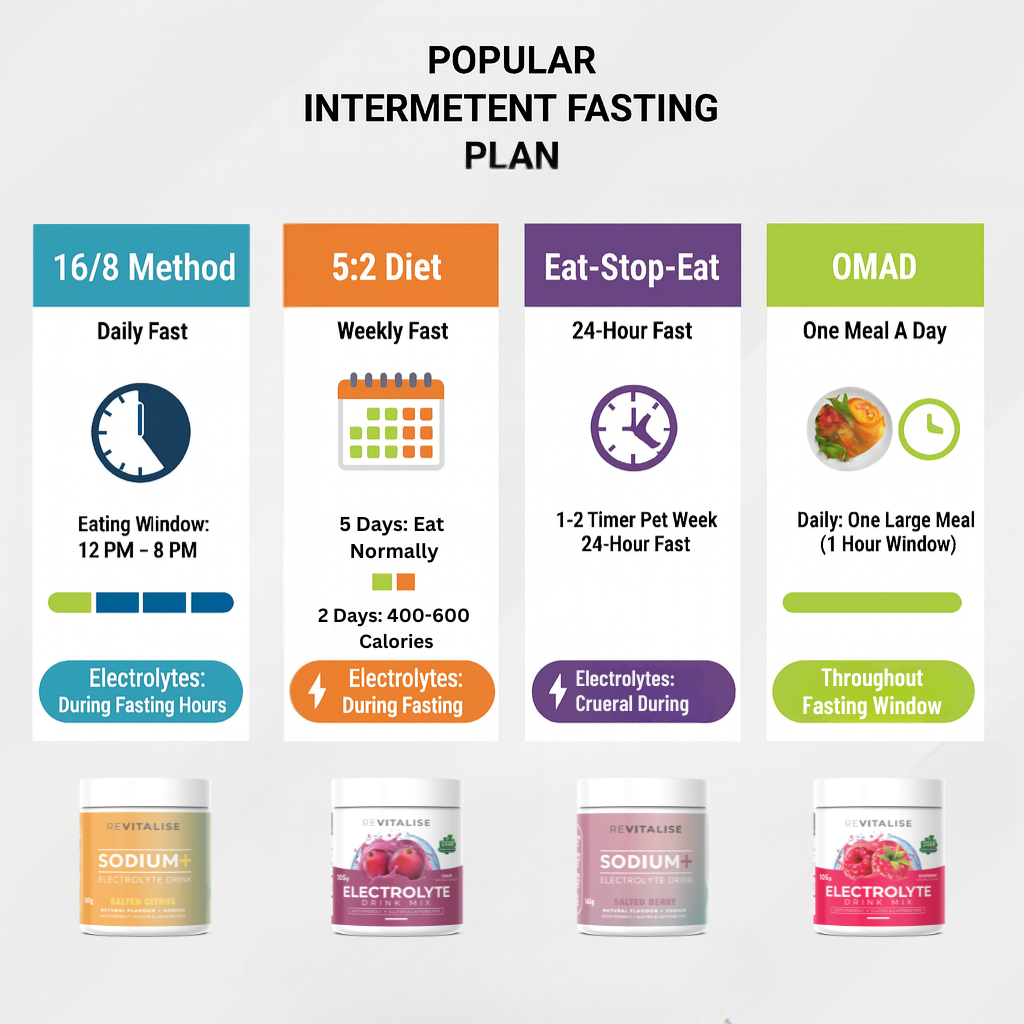
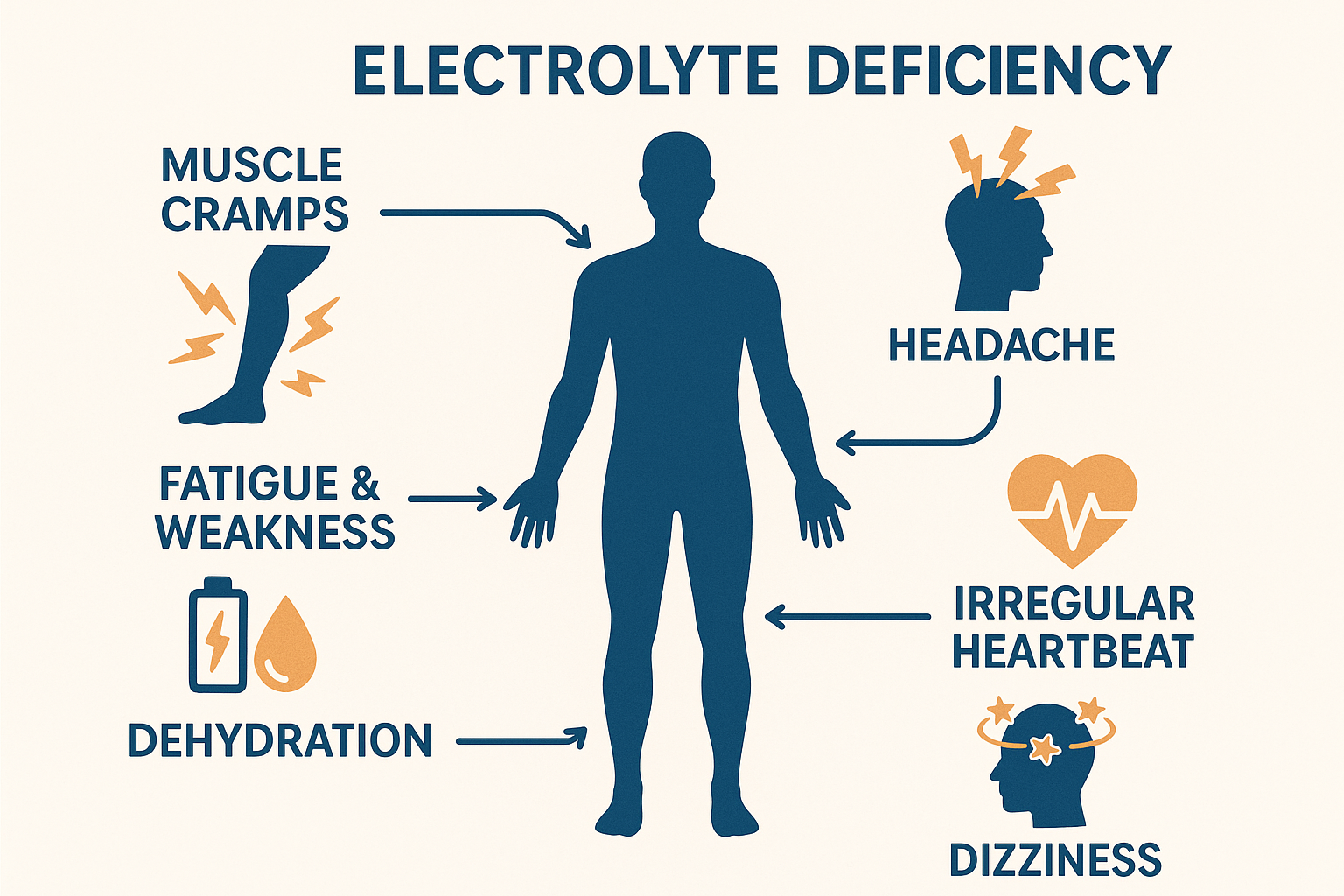
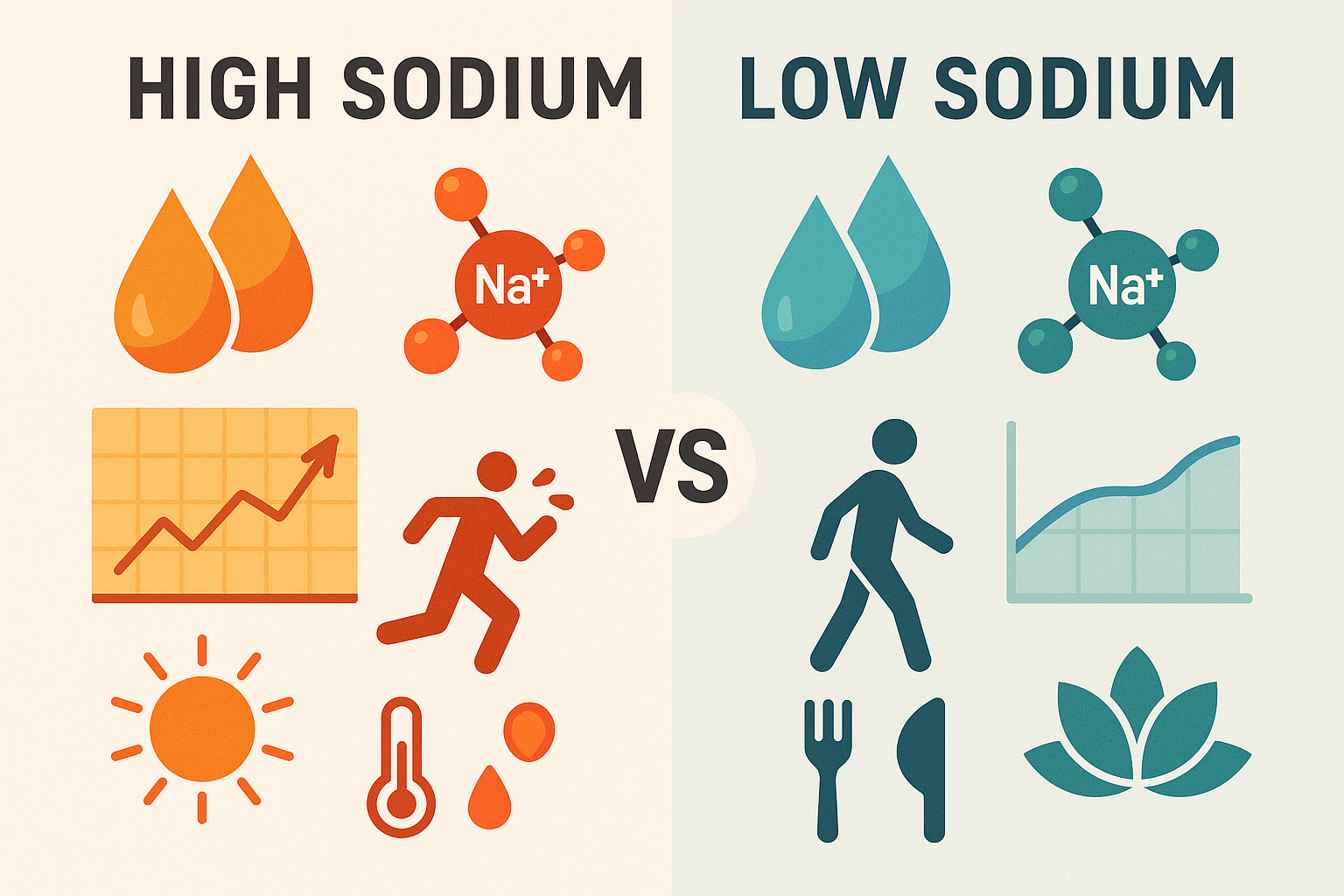
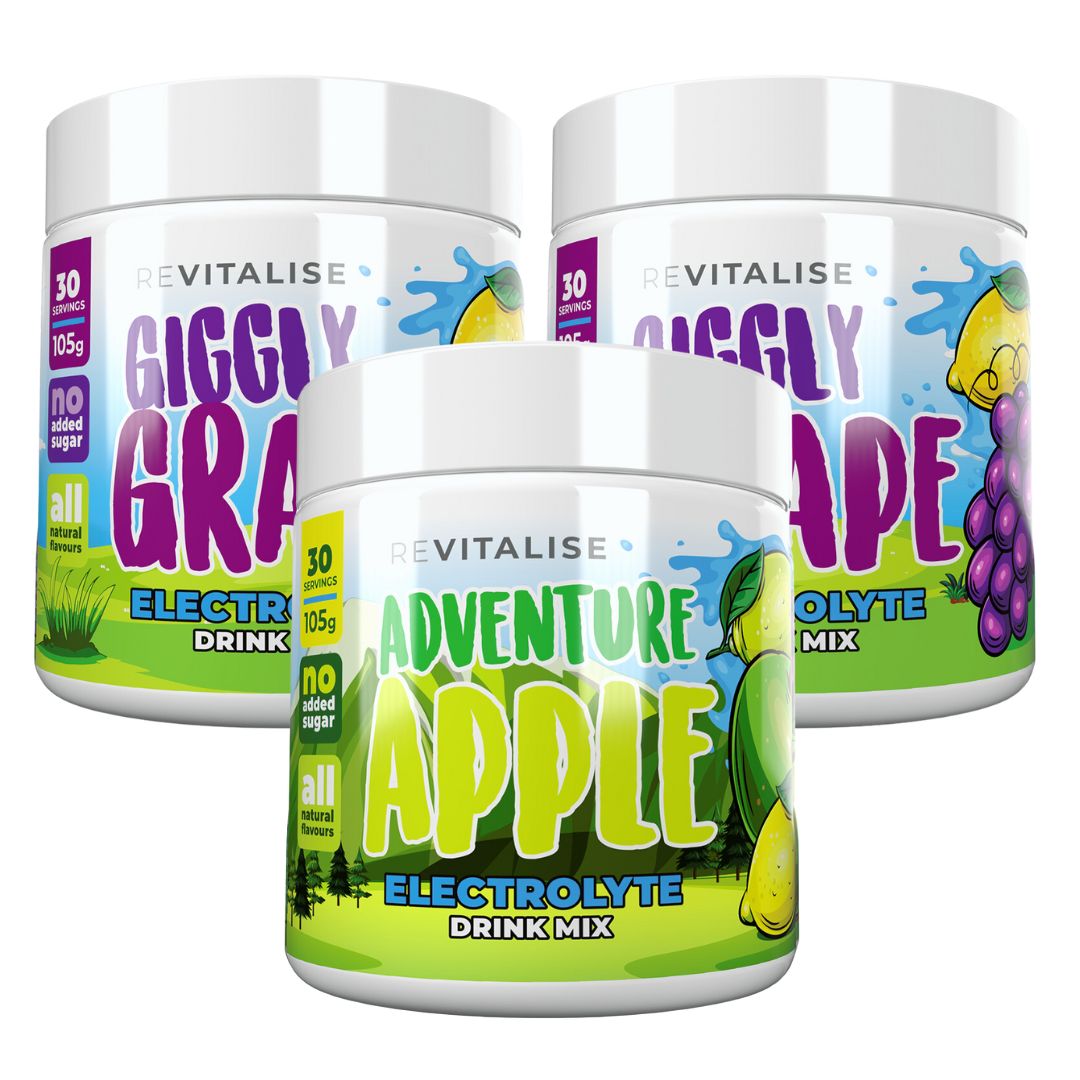

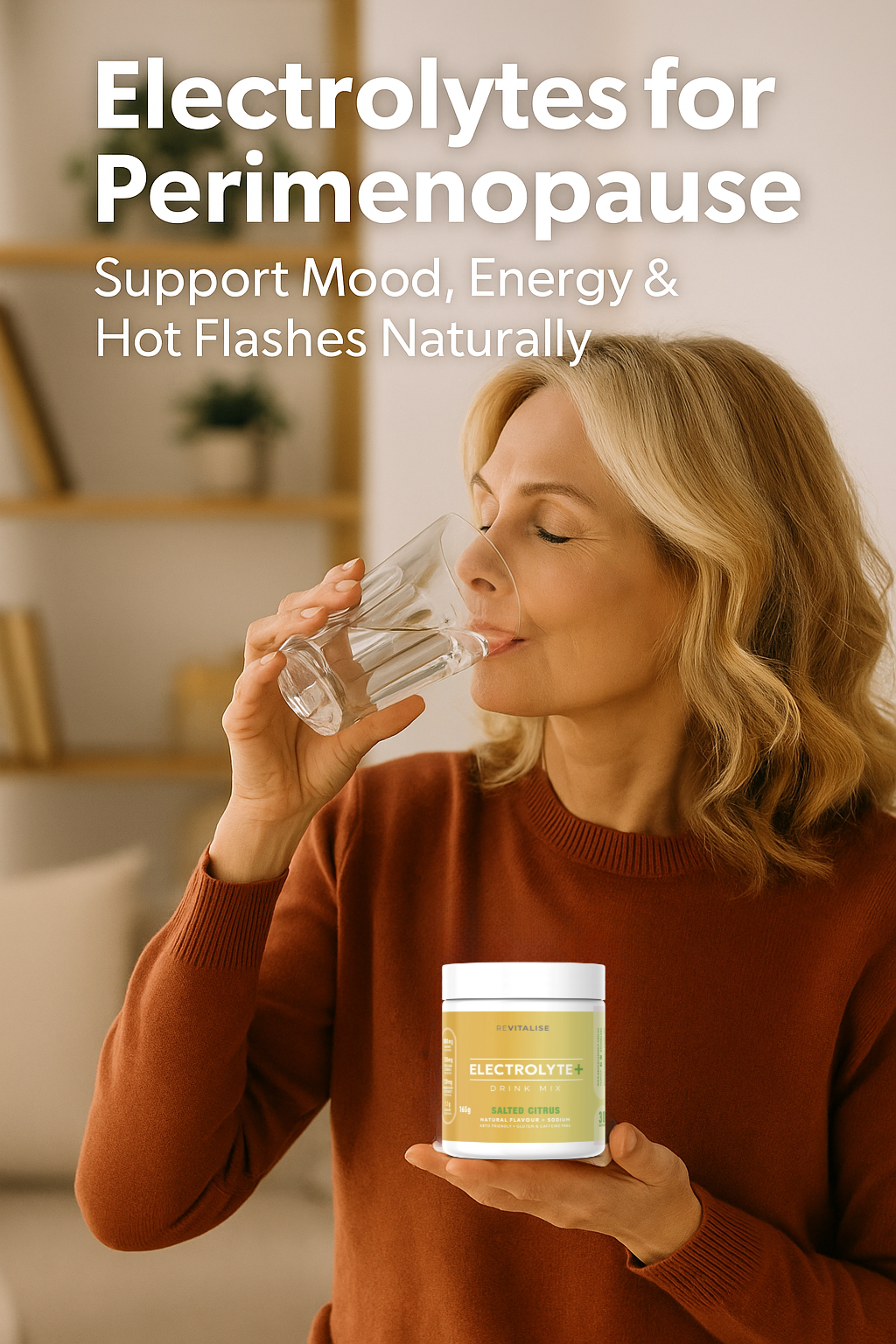
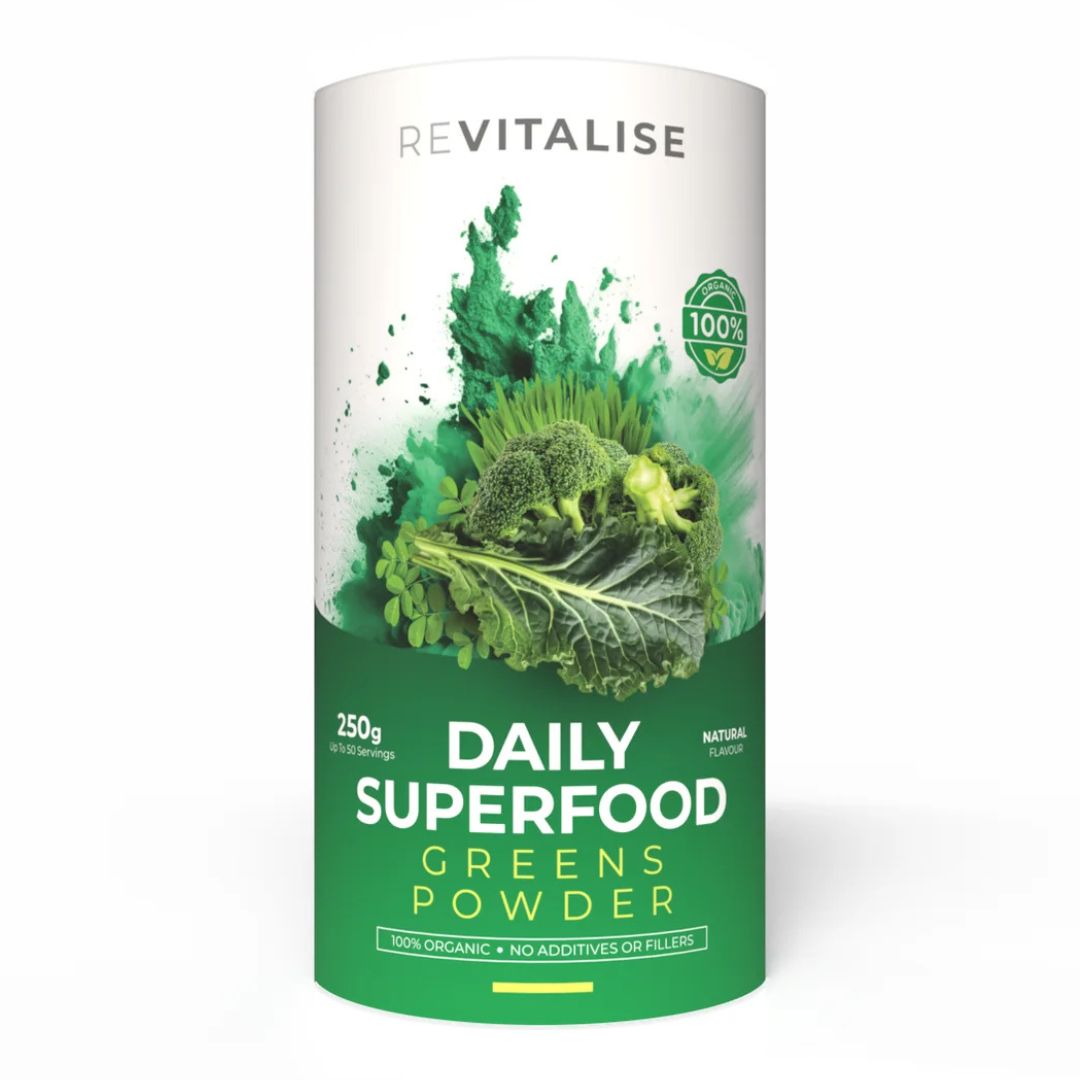
![ReVitalise Zero Sugar Electrolytes [SUBSCRIPTION]](http://revitalisedaily.com.au/cdn/shop/files/30s_LemonLime_3ea1cbec-4b35-4319-8f43-3ad8cbe7cd02.png?v=1698247645&width=1547)
